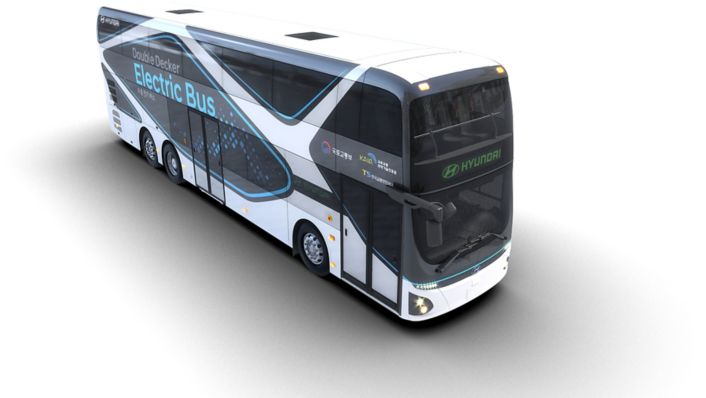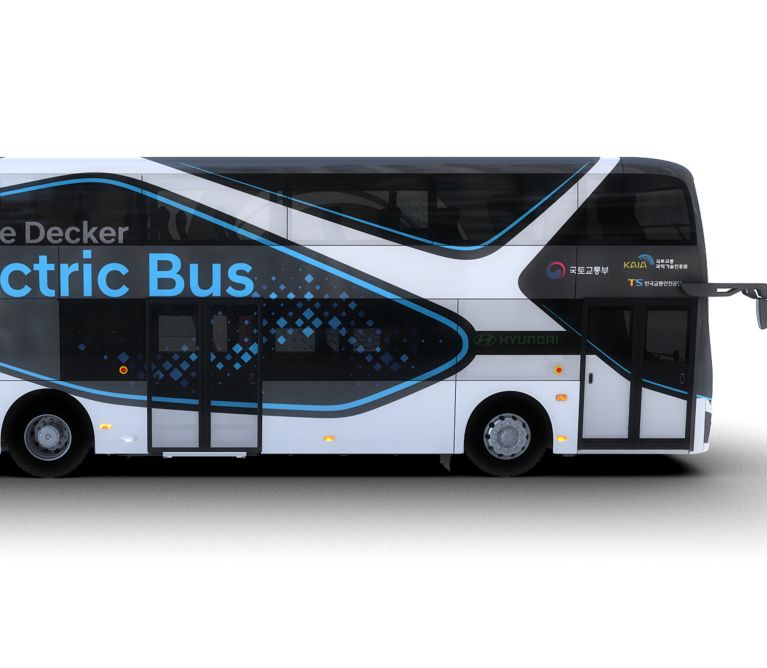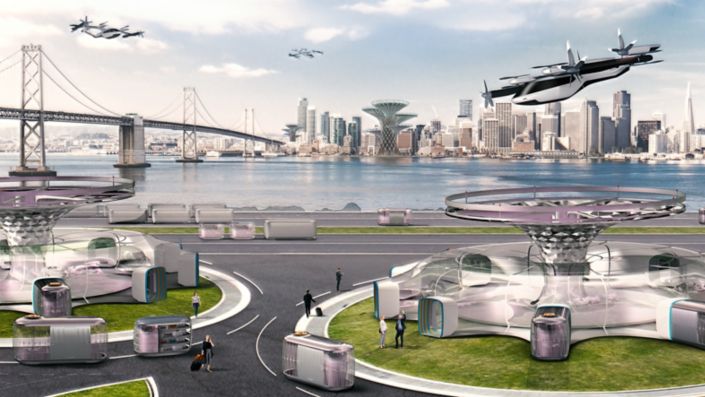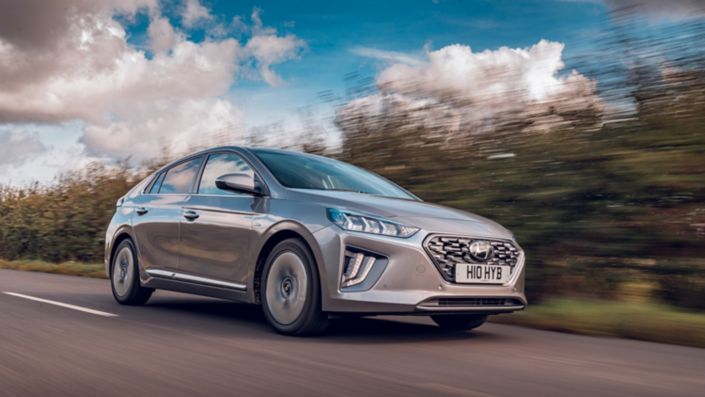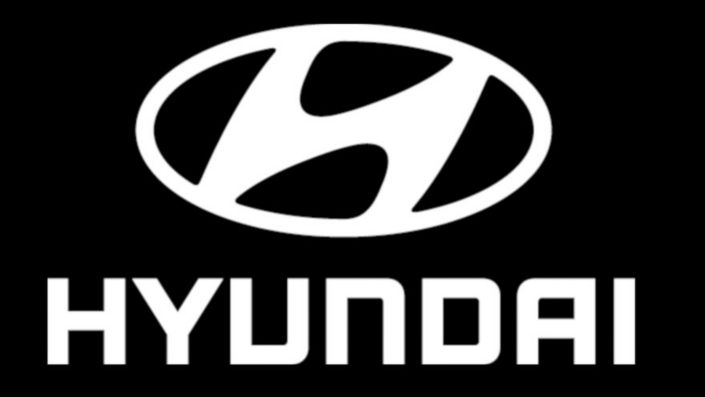- Operation of the 70-passenger electric bus improves traffic congestion and environment protection
- 384kWh high-efficiency battery enables driving distance of 300 km with 72-minute full charging time
- The bus will be equipped with various passenger-friendly features including added accessibility for the disabled
Press material
-
Download
-
Images
The all-new electric double-decker bus is shown at the ‘Land, Infrastructure and Transport Technology Fair’ held in Korea, co-hosted by Hyundai and the national Ministry of Land, Infrastructure and Transport, lasting from May 29 to 31.
To develop the company’s first electric double-decker bus, Hyundai worked for 18 months on a project supported by the Korean Ministry of Land, Infrastructure, and Transport, which began in 2017.
The bus allows up to 70 passengers – 11 seats on the first floor and 59 seats on the second floor –, 1.5 times as many passengers as compared to that of a regular bus. Through the implementation of two fixed-in-space wheelchairs, an automatic sliding ramp and low floor design, the double-decker bus secures added accessibility for disabled and mobility impaired passengers.
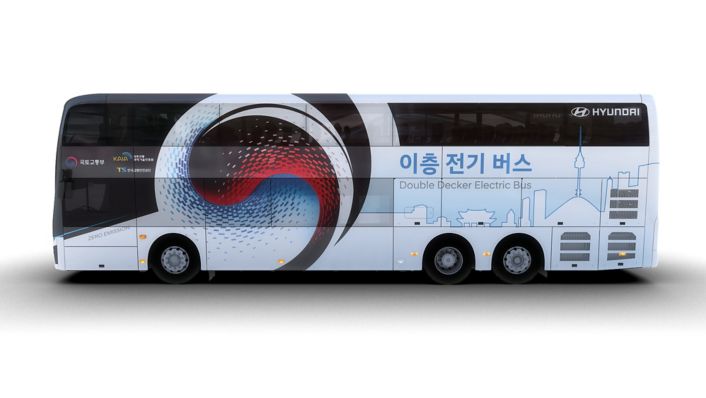
The double-decker electric bus is an environmentally friendly vehicle optimized for global eco-friendly trends. This will not only ultimately improve the air quality, but also contribute greatly to easing commuting hour traffic congestion by accommodating more passengers.
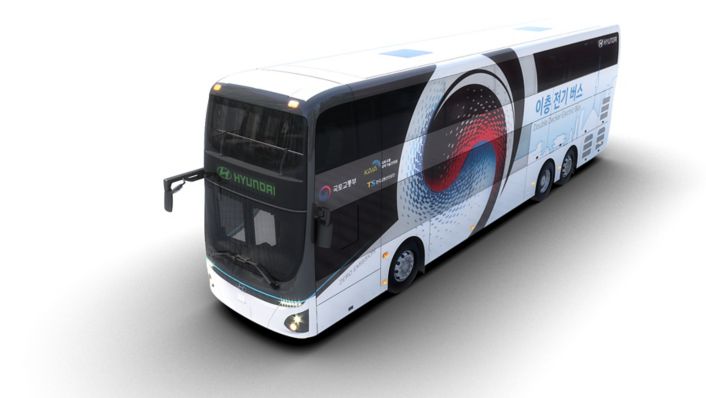
Various advanced safety features are also equipped on the bus to ensure the safety of the passengers:
- Vehicle Dynamic Control (VDC) helps identify the driver's intended driving direction and maintain the vehicle in control.
- Forward Collision-Avoidance Assist (FCA) uses the car’s front-facing camera to help detect an imminent collision and avoid impact or minimize damage by braking autonomously.
- Lane Keeping Assist (LKA) helps prevent accidental lane departure by sensing road markings.
